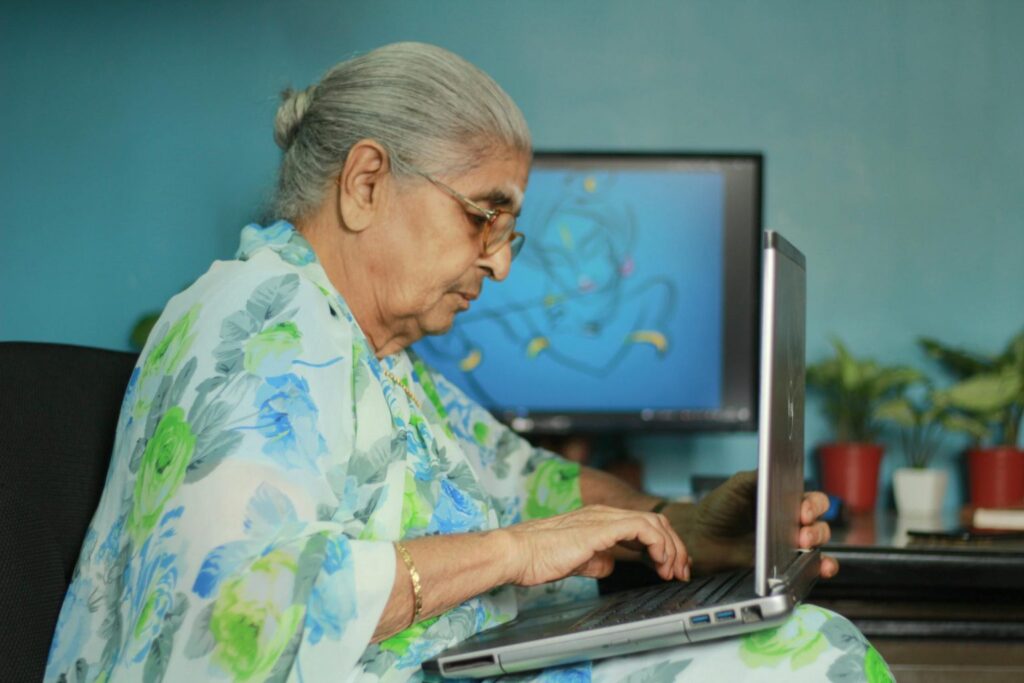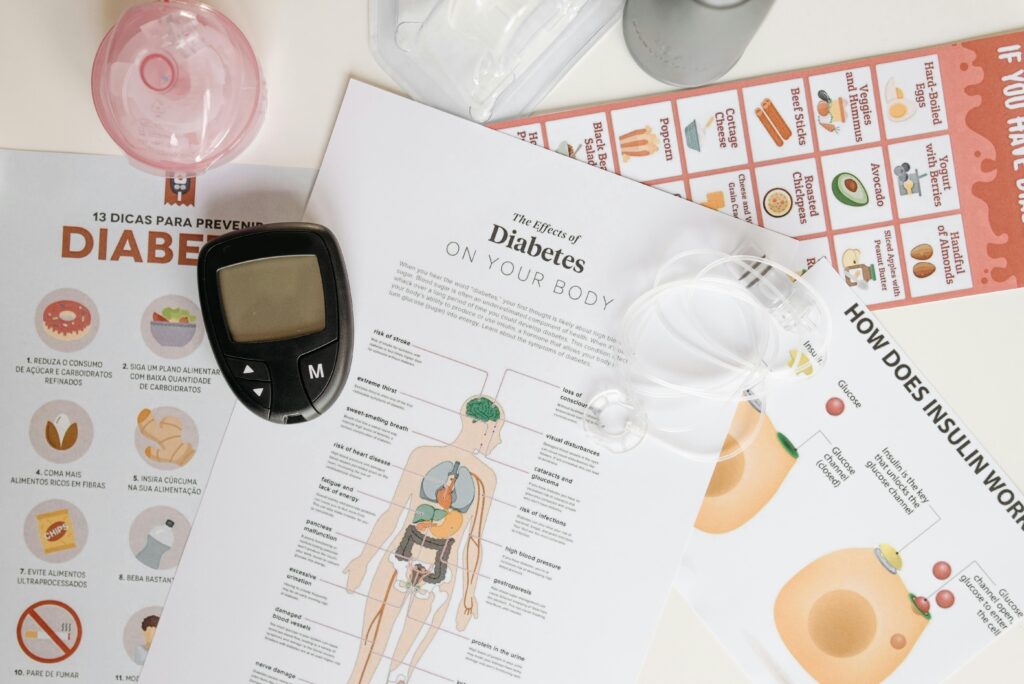Why Food Matters for Liver Health
The liver is a silent worker. It filters toxins, helps digest food, and stores important nutrients. But it needs the right kind of fuel to work well. That fuel comes from our food.
What we eat every day can either help the liver or harm it.
As we age, the liver becomes more sensitive. So choosing the right food becomes even more important.
Foods That Support Liver Health
Some foods are like gentle helpers for the liver. They reduce inflammation. They help clean the liver. They support better digestion.
Here are some foods that are good for the liver:
Fresh Fruits
Fruits are full of natural vitamins and antioxidants. They help the liver stay clean and strong.
- Apples help flush out toxins.
- Papayas support digestion.
- Berries are rich in antioxidants.
- Oranges and lemons give the liver a vitamin C boost.
Choose seasonal fruits. Eat them whole instead of drinking juice.
Green Leafy Vegetables
Spinach, methi, amaranth, and curry leaves are rich in plant-based iron and fiber. They help in removing waste from the body and lighten the liver’s load.
Wash them well before cooking. Lightly steaming or stir-frying them keeps their goodness intact.
Whole Grains
Brown rice, whole wheat roti, oats, and millets like ragi or bajra are gentle on the liver. They keep sugar levels steady and digestion smooth.
Avoid refined flours like maida. They make the liver work harder.
Lentils and Pulses
Dal, rajma, chana, moong—these are full of plant protein. They give energy without stressing the liver.
Soaking them before cooking makes them easier to digest.
Garlic and Onions
These are powerful natural cleansers. Garlic has sulfur compounds that help flush out toxins. Onions support digestion and liver function.
Use them in moderation to flavour your food.
Turmeric
This golden spice is known to reduce inflammation. It also helps the liver produce bile, which breaks down fats.
A pinch in dal or sabzi is enough.
Clean Water
This may sound simple, but it’s vital. Water helps the liver remove waste. Make sure to drink clean, boiled, or filtered water throughout the day.
Warm water in the morning is especially helpful.
Foods to Eat in Small Amounts
Some foods are not bad, but too much of them can trouble the liver. These include:
Oil and Ghee
Our cooking often uses oil generously. But the liver doesn’t like too much fat.
Use cold-pressed oils like sesame, groundnut, or mustard oil in small amounts. Ghee is okay in moderation if digestion is strong.
Avoid deep-frying and reusing oil.
Milk and Dairy
Curd and buttermilk are gentle. But heavy milk sweets or too much paneer can make the liver sluggish.
Prefer low-fat milk and homemade curd.
Spices
Spices like jeera, ajwain, and haldi are liver-friendly. But too much chili, garam masala, or pickle can irritate the liver.
Cook with less oil and salt. Use spices for flavour, not for heat.
Foods to Avoid Completely (or Almost Completely)
Some foods are best kept away if you want to care for your liver.
Fried and Junk Food
Samosas, pakoras, chips, and bakery items are loaded with oil and processed ingredients. These slow down the liver and lead to fat build-up.
Enjoy them very rarely, and always in small amounts.
Sugary Foods
Too many sweets, chocolates, and sugar-laden drinks can lead to fatty liver. This includes store-bought juices, sodas, and desserts.
Look for natural sweetness in fruits or jaggery.
White Bread and Maida
These are refined and stripped of nutrients. They digest too quickly and raise sugar levels, putting stress on the liver.
Choose whole wheat, multigrain, or millet-based options.
Alcohol
Alcohol is very hard on the liver. Even small amounts can damage it over time, especially in older adults.
If you or a loved one drinks, it’s best to talk to a doctor about safe limits—or consider stopping altogether.
Processed Foods
Ready-to-eat meals, canned foods, and frozen snacks contain preservatives and chemicals. These make the liver work extra hard to clean the blood.
Choose fresh, home-cooked meals instead.
Helpful Meal Habits
What you eat is important—but how and when you eat also affects the liver.
- Eat on time. Avoid long gaps between meals.
- Don’t overeat. Smaller, regular meals are easier on the liver.
- Chew your food well. It helps digestion.
- Avoid heavy meals at night.
- Try eating dinner by 7 or 8 pm.
- Add raw foods like salads or sprouts once a day, if digestion allows.
Liver-Friendly Drinks
Skip the fizzy drinks and sugary juices. Try these instead:
- Warm lemon water in the morning
- Buttermilk with a pinch of jeera
- Fresh coconut water
- Herbal teas like tulsi or ginger
- Light homemade soups
These are easy on the liver and keep the body hydrated.
What About Fasting?
Some people fast for religious or health reasons. That’s okay—if done carefully.
During fasting:
- Avoid fried foods to break the fast
- Sip water often
- Have fruits or light soups instead of heavy meals
- Listen to your body—don’t push it too far
If there’s any liver issue or if you’re diabetic, ask your doctor before starting any fast.
Caregivers: How You Can Help
If you’re cooking for or supporting an older adult, keep meals simple and nourishing.
- Use fresh ingredients
- Avoid heavy masala and extra oil
- Serve warm, light meals on time
- Encourage them to drink more water
- Be gentle with reminders—don’t force
You’re not just cooking food. You’re helping protect their health, one meal at a time.
In Closing
Caring for the liver doesn’t require fancy diets. Just simple, fresh, and balanced food. Eating with love, eating on time, and eating the right amount can do wonders.
Food is more than fuel. It’s a way to heal, protect, and support the liver—especially as we grow older.
We’d love to hear from you.
Do you have a favourite liver-friendly recipe or food tip that’s worked for you or your loved ones?
Share it in the comments below. Let’s learn from each other.
And if this blog was helpful, please share it with others. It could help someone start a healthier routine today.





